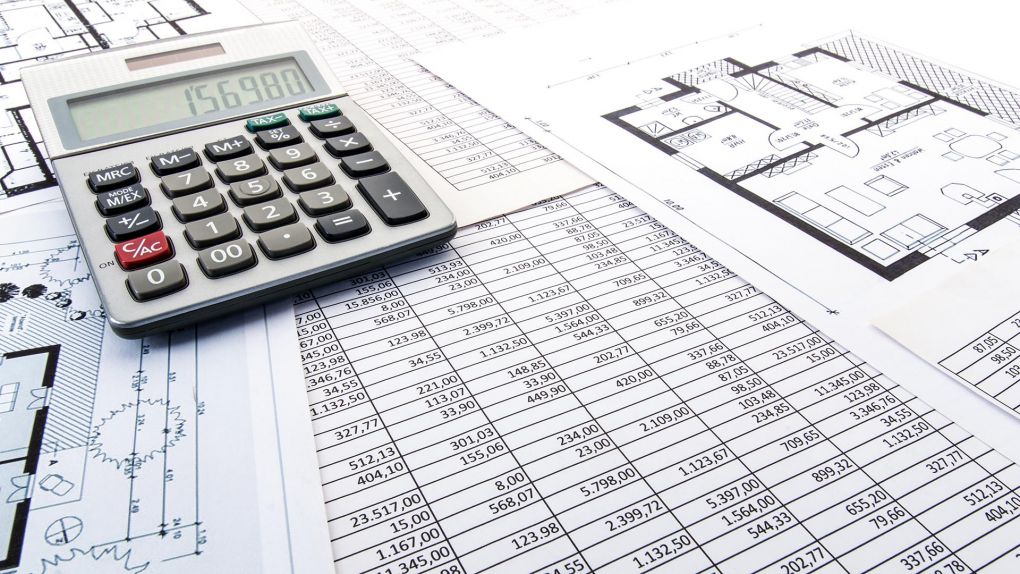
Landlord Taxation Guide to Renting in Spain
Information sourced from Lawyer and legal expert Raymundo Larraín Nesbitt’s website and amended where applicable for Sotogrande. You can read the original article here: www.larrainnesbittabogados.com – Landlord Taxation Guide, summarising the tax obligations of non-resident landlords in Spain, including the tax allowances and deductions they can benefit from. We’ve reproduced some of the key points below.
What is required by a non-resident landlord to deduct Spanish rental expenses?
-
- Currently only residents in the EU or EEA qualify to benefit from rental allowances.
-
- You will need to produce a certificate of tax residency in the corresponding State issued by the tax authorities of that State which will be required on filing the tax return.
-
- Proof must be supplied that the following (deductible) expenses are directly related to rental income earned in Spain and have a direct economic connection that is inseparable from the activity carried out in Spain.
List of expenses that can be deducted from your rental income landlord taxation guide
This is a closed list. In addition to the allowances listed below some regions in Spain may offer additional rental deductions.
-
- Interests arising from a loan to buy the property (i.e. mortgage loan).
-
- Local taxes and administrative charges and surcharges that impact on the rental income or else on the property itself (i.e. IBI tax, SUMA tax, rubbish collection tax).
-
- Expenses arising from formalising rental contracts such as lets or sublets (i.e. Notary and/or Land Registry fees); legal defence (i.e. hiring a lawyer for tenant eviction purposes).
-
- Maintenance costs may be offset; refurbishment expenses are excluded.
Examples of maintenance costs (deductible): repainting over flaky paint, plumbing, debugging, tennis court green mold cleaning, swimming pool pump replacement, annual lift maintenance, leaking faucet.
Examples of refurbishment expenses (non-deductible): glass curtains, double-glazed windows, parquet, marble floor, extension to property (outbuilding), tennis court, swimming pool, private lift.
Notwithstanding the above, refurbishment expenses may be claimed on selling the property by offsetting them against your Capital Gains Tax liability.
-
- Home insurance premiums (theft, fire, civil liability etc.). Claims arising from events that diminish the value of a dwelling are non-deductible i.e. fire.
-
- Utility invoices (electricity, water, gas and landline).
-
- Concierge, gardening & security services (i.e. gated communities).
-
- Rental publicity expenses
-
- Home depreciation and amortization. The calculation is 3% on the highest value of the following two: home buying costs or cadastral value; the value of the land is excluded.
You can read this full blog post here

